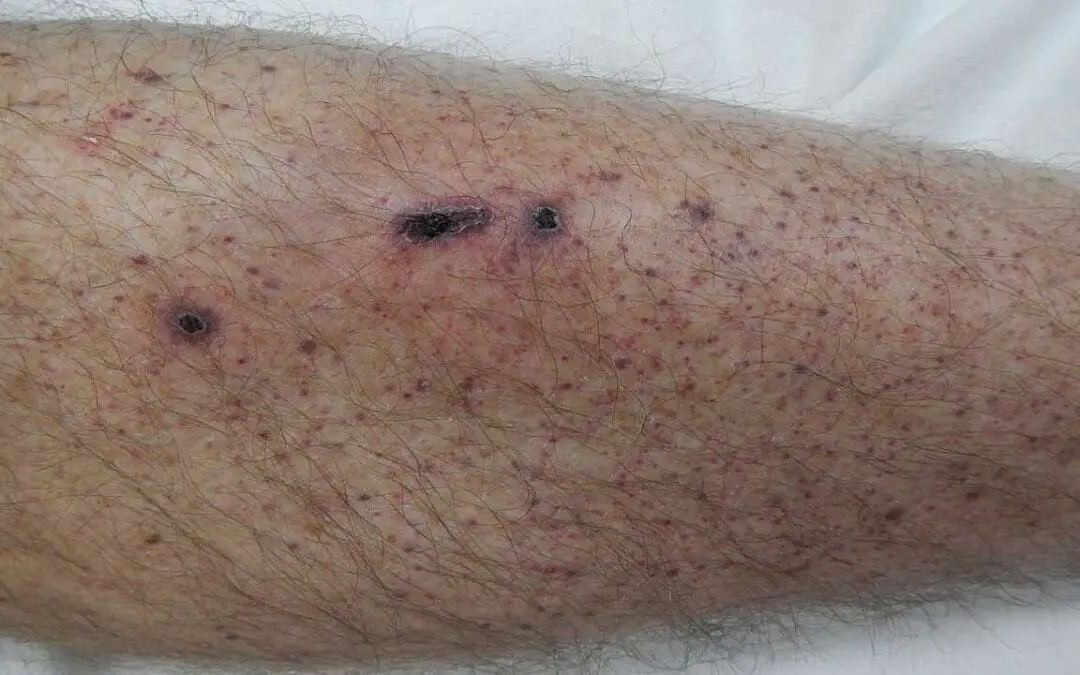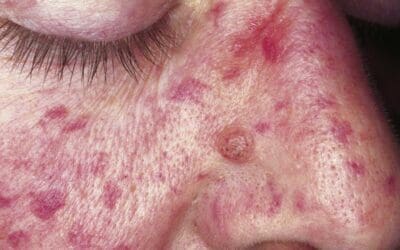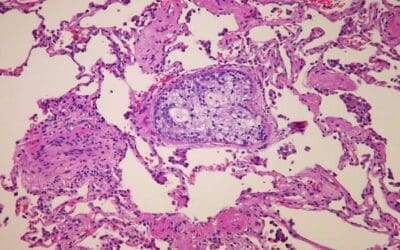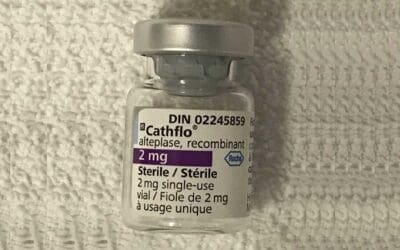Ecchymoses, or bruises, are skin discolorations from blood leakage. Causes range from minor injury to underlying medical issues. Understanding them is key.
Henoch-Schönlein Purpura (HSP)
Henoch-Schönlein purpura (HSP): Palpable rash, joint & belly pain, often in kids. Usually resolves in weeks, but need to monitor kidneys.
Thrombocytosis (High Platelet Count)
Thrombocytosis: High platelet count. Can be reactive (due to other conditions) or essential (bone marrow disorder). Learn causes & significance.

Ecchymoses
Ecchymoses, or bruises, are skin discolorations from blood leakage. Causes range from minor injury to underlying medical issues. Understanding them is key.
Catastrophic Antiphospholipid Syndrome
Catastrophic Antiphospholipid Syndrome (CAPS) is a rare, severe autoimmune disease causing rapid-onset, widespread blood clotting and multi-organ failure. Prompt diagnosis and aggressive treatment are crucial for survival.
Antiphospholipid Syndrome
Antiphospholipid syndrome (APS) is an autoimmune disorder that increases the risk of blood clots, pregnancy complications, and other health problems. Early diagnosis and management are crucial.
Hereditary Hemorrhagic Telangiectasia (HHT)
Hereditary Hemorrhagic Telangiectasia (HHT) is a rare genetic disorder causing abnormal blood vessels, leading to frequent nosebleeds and internal bleeding.
Ehlers-Danlos Syndrome (EDS)
Ehlers-Danlos Syndrome (EDS) is a genetic disorder characterized by joint hypermobility, skin elasticity, and often fragile tissues. It can cause pain, fatigue, and other complications.
Embolus & Embolism
An embolus is a traveling blood clot that can block blood flow, causing serious complications like pulmonary embolism or stroke. Early detection and treatment are crucial to prevent these life-threatening risks.
Tissue Plasminogen Activator (tPA)
tPA is a powerful drug used to dissolve blood clots causing heart attacks, strokes, and pulmonary embolisms. While effective, it also carries risks, primarily bleeding.








